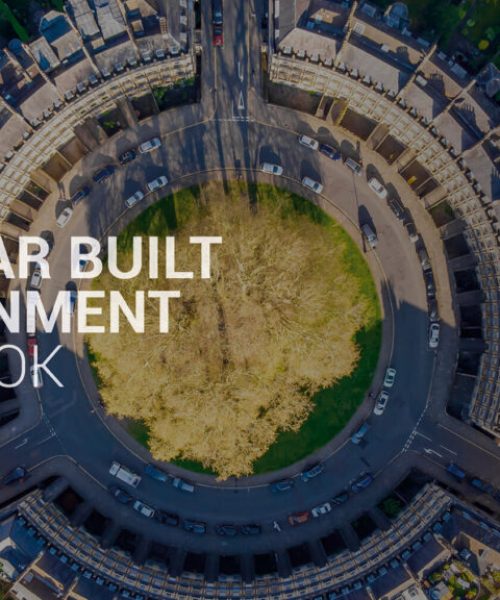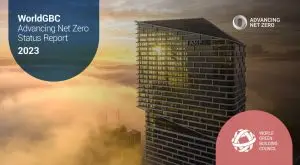Summary of the Report
The playbook outlines the benefits of adopting circular economy approaches in the built environment, highlighting potential competitive returns, waste reduction, resource preservation, and climate change mitigation. It emphasizes the role of investors, legal teams, government authorities, clients, and developers in supporting circular business models and sustainable finance regulations.
Introduction
The playbook introduces the concept of circularity in the built environment, advocating for innovative design and construction practices that prioritize adaptability, disassembly, and material reuse. It aims to guide stakeholders in implementing circular principles throughout the lifecycle of buildings.
Chapter 1: Circular Economy Principles
- Design for Adaptability and Disassembly: Emphasizes the importance of creating buildings that can easily adapt to changing needs and can be disassembled for material reuse.
- Material Efficiency: Focuses on reducing raw material use, waste, and water consumption through efficient design and construction practices.
Chapter 2: Circular Business Models
- Product-as-a-Service (PAAS): Explains how business models like PAAS can reduce waste and extend the lifecycle of building materials.
- Take-Back Schemes: Highlights the importance of implementing take-back schemes to ensure materials can be reused or recycled at the end of their life.
Chapter 3: Policy and Regulation
- Strengthening Policy Frameworks: Discusses how national and local authorities can create policies to support circularity and mobilize private finance.
- ESG Reporting: Advocates for the inclusion of circularity metrics in Environmental, Social, and Governance (ESG) reporting.
Chapter 4: Certification and Labelling
- Evolving Schemes: Calls for updated certification and labelling schemes to reflect circular economy principles.
- Data Transparency: Emphasizes the need for transparent and centralized material data to support certification processes.
Chapter 5: Education and Collaboration
- Skills Development: Highlights the necessity of upskilling stakeholders in circular economy principles and practices.
- Partnerships: Encourages collaboration and knowledge-sharing among industry stakeholders to advance circular economy goals.

Full Report Download
For a comprehensive understanding of the findings, recommendations, and detailed case studies, download the full report below:


